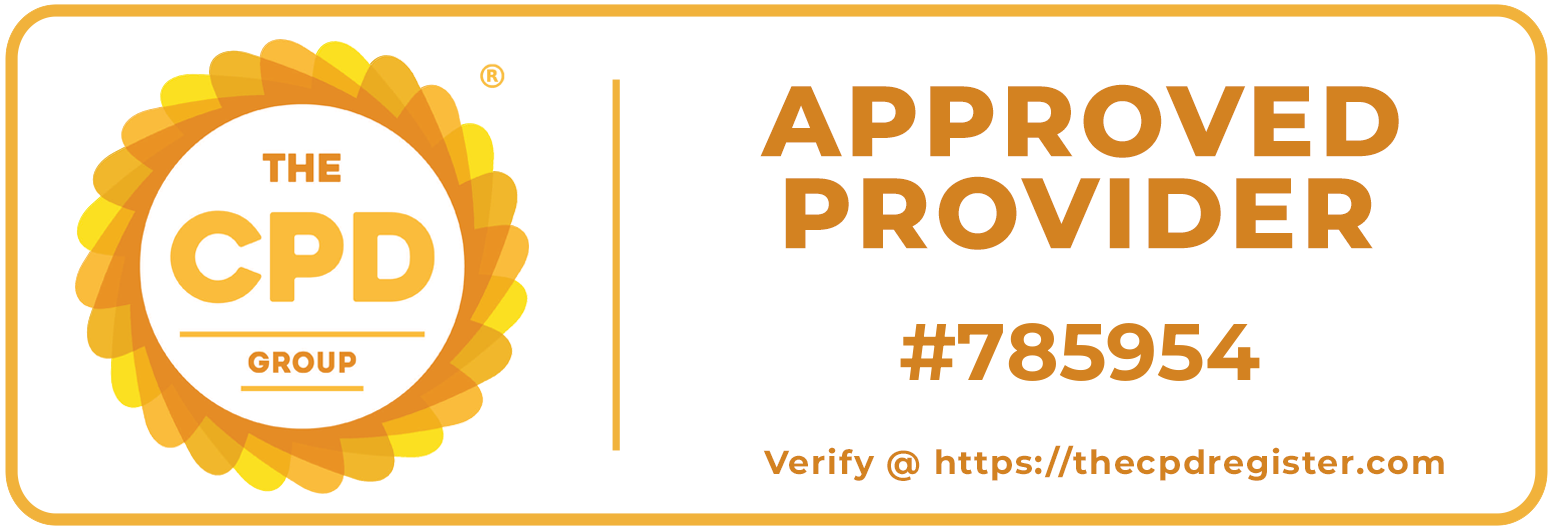GLOBAL HSE CONFERENCE AGENDA
Day - 1
Monday, 19th May 2025
PUBLIC HSE FORUM
Theme Forums Registration
Welcome Address by Technical Committee Co-Chair

Younis Al Hinai
Head Operational Safety
Petroleum Development Oman
Keynote Address
In an era marked by rapid change, achieving public health and safety goals requires robust partnerships between government bodies and industries. This keynote will explore how forward-thinking regulatory frameworks, transparent compliance strategies, and industry collaboration are reshaping the future of public HSE.

Dr. Ghada Abdullatif ALZayani
Public health consultant-Head of Monitor and Control Group
Ministry of Health
Panel Discussion 1
Strengthening Government & Industry Collaboration in HSE Compliance.
Effective HSE compliance requires a strong partnership between regulatory bodies and industries. As governments implement stricter safety regulations, industries must align their operational strategies to ensure compliance while maintaining efficiency and productivity. Collaboration between public and private sectors is key to harmonizing HSE standards, streamlining processes, and fostering a culture of safety.
During this session, panelists will discuss best practices for strengthening government-industry collaboration, addressing regulatory challenges, and ensuring seamless implementation of HSE policies. Experts will share insights on how mutual cooperation can enhance compliance frameworks, reduce operational risks, and create a safer working environment. Attendees will gain a deeper understanding of how to navigate regulatory landscapes and build stronger alliances between industry leaders and policymakers.
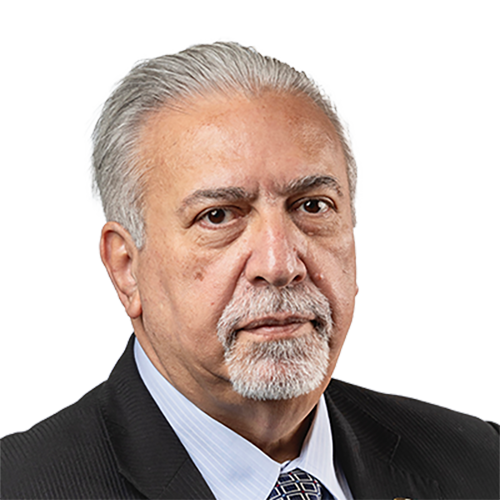
Panel Moderator : Eng. Fareed Bushehri
Media Director
BSE

Maj. Eng. Mohamed A. Alaabar
Head of Inspection Division
Ministry of Interior
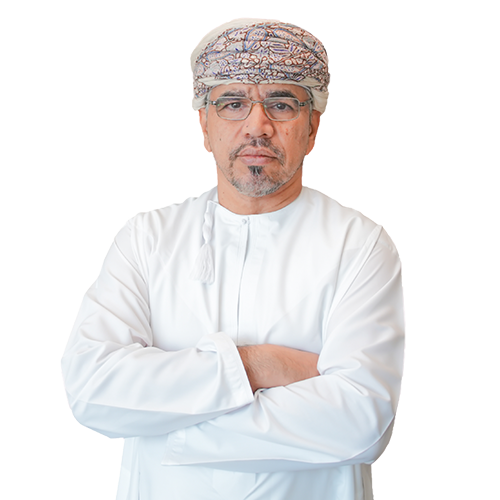
Humaid Al Bulushi
General Manager HSE & Standardization
Oman Energy Association
Tea/Coffee Break
Technical Presentations
Public HSE is more than regulatory oversight—it is a collective responsibility to safeguard communities, environments, and public spaces through health, safety, and environmental frameworks that extend beyond industry boundaries. As risks become more interconnected and globalized, the future of public HSE hinges on robust collaboration between governments, industries, and civil society.
This session will explore the evolving role of public HSE as a proactive, cross-sector initiative that prioritizes prevention, resilience, and social well-being. Experts will discuss how public and private entities can co-develop forward-thinking safety strategies, build shared accountability mechanisms, and drive innovation in public safety systems. Attendees will gain insights into building inclusive, sustainable HSE programs that serve both people and infrastructure in an increasingly complex world.

Session Moderator : Dr. Ameera Ali Al-Nooh
Head of Non - Communicable Diseases Group
Ministry of Health

Khaled Al Dahri
Director of Health, Safety, Security & Environment (HSSE)
Nesma & Partners

Victor Kalimugogo
Engineering Specialist
Aramco

Major Chemical Engineer Qasim Saleh Al-Khulaqi
Head of the Hazardous Materials Branch
Ministry of Interior
Tea/Coffee Break
Panel Discussion 2
The Future of Regulatory Frameworks in Public Health & Safety.
As industries evolve and new challenges emerge, regulatory frameworks in public health and safety must adapt to stay effective. Global and regional regulators are revising existing policies to address advancements in technology, climate change impacts, and the growing need for sustainability in HSE practices. The future of these frameworks will shape how organizations manage risk, compliance, and safety culture in the years to come.
This panel will bring together industry leaders and regulatory experts to explore upcoming changes in public health and safety regulations. The discussion will focus on key trends shaping the future, including data-driven compliance, risk-based safety management, and international standardization efforts. Attendees will gain valuable insights into how regulatory transformations will affect their industries and what steps they can take to proactively align with new requirements.

Panel Moderator : Ahmad Hasanain
Health, Safety and EHSS Performance Global Director
SABIC

Dr. Amal Al Maani
Director General – Disease Surveillance and Control
Ministry of Health

Sara Albon
Chief Executive
Health and Safety Executive

Dr. Muna F. Alsulaiman
Occupational Health Senior Director
Diriyah Company
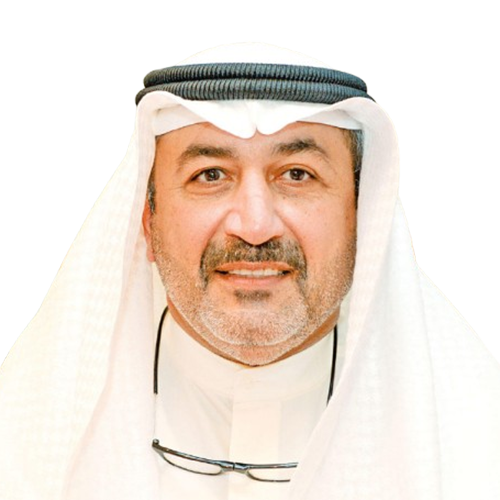
Dr. Ahmad Al-Shatti
Director Occupational & Environmental Medicine
Ministry of Health
Recognition & Closing Remarks

Younis Al Hinai
Head Operational Safety
Petroleum Development Oman
Day - 1
Monday, 19th May 2025
CONSTRUCTION HSE FORUM
Theme Forums Registration
Welcome Address by Technical Committee Chair

Fahad A. Harbi
Director of RT & Regional Area Loss Prevention Dept
Aramco
Keynote Address
With increasing project complexity and multi-tiered supply chains, ensuring safety in the construction industry requires more than compliance—it demands full accountability across all contractor and subcontractor levels. This keynote will address the urgent need to reframe how safety is managed within extended project teams.
The keynote will explore how leading organizations are redefining contractor engagement through stronger prequalification processes, clear safety expectations, digital oversight tools, and performance-based accountability frameworks. Emphasis will be placed on aligning all stakeholders with a unified safety culture, backed by technology such as AI-powered analytics, wearables, and drone monitoring.

Salman Khamis Al Maimani
HSE Director
Petroleum Development Oman
Panel Discussion 1
Embracing Digital Transformation, The Role of AI, Drones and Wearables in Construction HSE.
The construction industry is undergoing a digital revolution, with artificial intelligence (AI), drones, and wearable technologies playing a transformative role in HSE management. These innovations enhance real-time risk assessment, improve worker safety, and provide predictive analytics to prevent accidents before they occur. Organizations that embrace digital transformation can significantly reduce incident rates and enhance overall site safety.
In this session, experts will discuss how AI-driven analytics, drone surveillance, and wearable sensors are redefining safety standards in construction. Panelists will share real-world applications, success stories, and challenges faced in implementing these technologies. Attendees will explore the benefits of digital tools in improving compliance, reducing workplace hazards, and driving efficiency in safety management.

Panel Moderator : Craig Watson
Project Management Specialist
Aramco

Hatem Ammari
Founder & CEO
Virtual Creative Technologies

Abdulrahman Albanna
Chief HSSE Officer-Health, Safety, Security and Environment
Bapco Upstream

John Dunne
Group Head of Health and Safety
Red Sea Global
Tea/Coffee Break
Technical Presentations
Ensuring safety across contracting chains is one of the greatest challenges in construction today. This session focuses on operationalizing accountability—from contractor prequalification to incident tracking and corrective action.
Experts will present scalable systems for risk-based oversight, subcontractor onboarding, and behavioral safety reinforcement across the chain of command. Real-world examples will illustrate how leading projects maintain consistent HSE standards across diverse teams, improving both compliance and safety outcomes.

Session Moderator : Nadeem Kamal
Head of Occupational Health and Industrial Hygiene
Bapco Upstream

Mohammad Kazmi
Loss Prevention Engineer
Aramco

Nishad Aryanthope
Operations Manager - HSE
Special Technical Services, LLC

Hatim Barri
Loss Prevention Engineer
Aramco
Tea/Coffee Break
Panel Discussion 2
Contractor and Subcontractor Safety Management Ensuring Accountability Across the Chain.
Managing HSE risks across complex contractor and subcontractor networks remains a challenge for many industries. Variations in safety culture, training levels, and compliance standards can lead to gaps in accountability, increasing the likelihood of incidents. Organizations must establish clear safety expectations, enforce compliance, and implement effective monitoring mechanisms to ensure contractor and subcontractor accountability.
This panel will examine strategies for enhancing safety oversight across the contractor supply chain. Panelists will discuss best practices for prequalification, safety performance tracking, and contractual obligations to align all stakeholders with the organization’s HSE vision. Attendees will learn how leading companies are successfully managing contractor risks, fostering a unified safety culture, and strengthening accountability frameworks.

Panel Moderator : Sultan Al Harthi
Loss Prevention Technical Specialist
Aramco

Sergey Peresypkin
Director of HSE, Saudi Arabia & Bahrain Geozone
Baker Hughes

Zaher Al-Tayeb
Manager - Global Safety Assessment & Compliance
Aramco

David Bibby
Vice President of International Operations
ISN
Recognition & Closing Remarks

Fahad A. Harbi
Director of RT & Regional Area Loss Prevention Dept
Aramco
Day - 1
Monday, 19th May 2025
YOUTH HSE FORUM
Theme Forums Registration
Welcome Address by Technical Committee Co-Chair

Walaa Mohammed Almalki
Chief of Oil Policies
Ministry of Oil & Environment
Kingdom of Bahrain
Keynote Address
The future of HSE depends on the next generation of leaders who are not only technically skilled but also visionary, adaptive, and well-connected. This keynote will address the evolving expectations of HSE careers, spotlighting the skills, behaviors, and leadership traits needed in a changing world.

H.E. Rawan Bint Najeeb Tawfiqi
Minister of Youth Affairs
Ministry of Youth Affairs , Bahrain
Panel Discussion 1
Future Skills and Competencies Required for the Next Generation of HSE Leaders.
The role of HSE professionals is rapidly evolving as organizations embrace technological advancements, regulatory changes, and global safety initiatives. Future HSE leaders must possess a diverse skill set that goes beyond traditional safety management—integrating data analytics, digital tools, and strategic decision-making into their expertise. Leadership, adaptability, and a deep understanding of behavioral safety are becoming essential competencies for success in this field.
During this session, panelists will discuss the key skills and competencies required to navigate the future of HSE leadership. Experts will share insights on emerging trends in HSE education, workforce development, and leadership training. Attendees will gain a roadmap for upskilling and preparing for the next generation of safety leadership, ensuring they stay ahead in an ever-changing industry landscape.
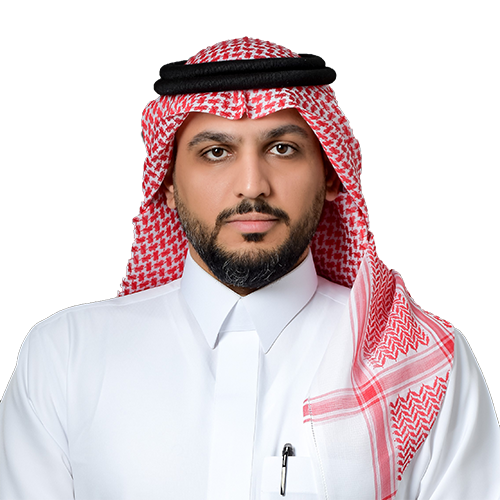
Panel Moderator : Fahad Thani Alshammari
Director, Process Risk Management, SABIC global EHSS
SABIC

Ali Abdulla Al Ali
Petrofac’s UAE Country Chair
Petrofac

Ciarán Ó Catháin
Chief Executive Officer
Bahrain Polytechnic

Andy Gibbins
Regional Director Middle East
PetroSkills
Tea/Coffee Break
Technical Presentations
Young professionals entering the HSE field face evolving expectations—from digital fluency to behavioral safety leadership. This session offers a practical roadmap to acquiring the skills and mindset needed to thrive in the modern HSE environment.
Experts will share training pathways, early career insights, and mentorship models that accelerate growth.

Session Moderator : Sultan Al Harthi
Loss Prevention Technical Specialist
Aramco
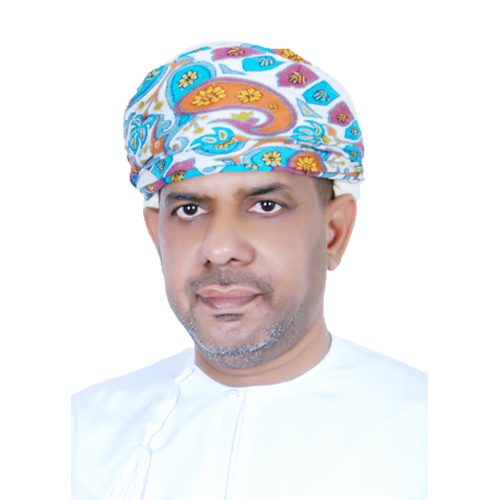
Rashid AL-Hashmi
Snr. HSE Coach
Petroleum Development Oman

Yazeed Aldughaither
Coordinator, Young Leaders Advisory Board
Aramco

Alyaa Maki
Acting Manager-Safety, Compliance and Emergency
Bapco Upstream
Tea/Coffee Break
Panel Discussion 2
The Importance of Mentorship and Networking to Overcome Challenges & Build a Successful HSE Career.
A successful career in HSE is not built in isolation. Mentorship and professional networking play a crucial role in career growth, knowledge sharing, and overcoming industry challenges. Establishing meaningful connections with experienced professionals allows emerging HSE leaders to gain insights, navigate career transitions, and access opportunities that accelerate their professional development.
This panel will bring together accomplished HSE professionals to share their experiences on the impact of mentorship and networking. Discussions will focus on building strong professional relationships, leveraging industry networks, and fostering a supportive environment for career growth. Attendees will leave with actionable strategies to expand their professional circles, seek guidance from industry leaders, and build a resilient and rewarding HSE career.

Panel Moderator : Arwa Alnasser
Loss Prevention Engineer
Aramco
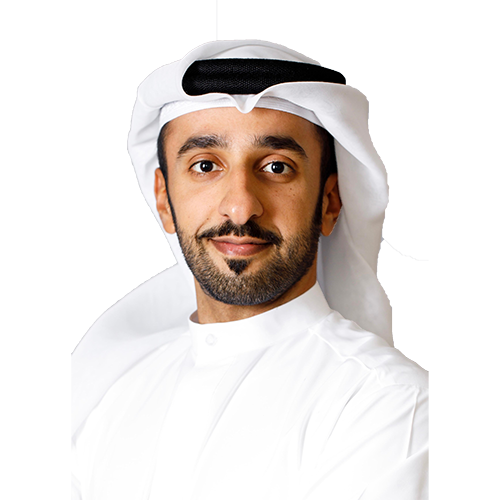
Shaikh Khalifa Al Khalifa
Vice President - Health & Environment
Bapco Refining
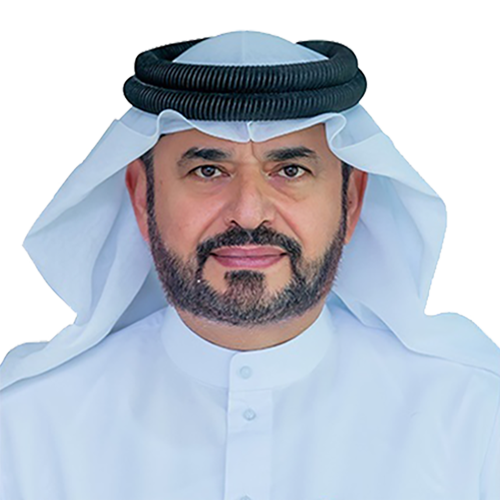
Dr. Adel Al Ali
Sr. Director, Group HSE
ENOC

Amira Ali Al Riyami
Snr Behavioural Safety Advisor
Petroleum Development Oman

Eyad A. Alghamdi
Young Leaders Advisory Board Fulltime Member
Aramco
Recognition & Closing Remarks

Walaa Mohammed Almalki
Chief of Oil Policies
Ministry of Oil & Environment
Kingdom of Bahrain
Day - 1
Monday, 19th May 2025
OPENING CEREMONY
General Registration
VIP Reception
Conference Inauguration
Welcome Address by Conference Chair

Ghassan G. Abulfaraj
Vice President & Chief Loss Prevention Engineer
Aramco
Opening Keynote Address
Connecting Minds, Inspiring Global Transformation in HSE.
The Opening Keynote Address for the 9th edition of the Global HSE Conference will set the stage for a transformative event centered around the theme, “Connecting Minds, Inspiring Global Transformation in HSE.” This keynote will emphasize the critical role of collaboration and innovation in shaping the future of health, safety, and environmental practices across industries.
As we face increasingly complex global challenges, the Opening Keynote will highlight how industry leaders, innovators, and change-makers are joining forces to drive positive, impactful change. By connecting diverse voices and fostering dialogue, this session will inspire attendees to think beyond traditional boundaries, embrace new approaches, and champion a collective effort toward safer, healthier, and more sustainable workplaces.
The address will set the tone for a dynamic exchange of ideas, igniting a sense of purpose and urgency to not only meet today’s challenges but to pioneer solutions that will define the future of HSE. By drawing upon cutting-edge technologies and visionary strategies, this session aims to spark inspiration, encourage bold thinking, and mobilize action across industries worldwide..

H.E. Dr. Mohamed bin Mubarak Bin Daina
Minister of Oil and Environment
Special Envoy for Climate Affairs
Kingdom of Bahrain
Recognition Ceremony
By His Excellency the MInister of Oil & Environment.
Exhibition Inauguration
By His Excellency the MInister of Oil & Environment
Gala Networking Dinner
Day - 2
Tuesday, 20th May 2025
CONFERENCE & EXHIBITION
General Registration
Keynote Address 1
Redefining HSE Leadership for the Next Generation
As the workforce evolves, so must HSE leadership. With millennials, Gen Z, and digital-native employees on the rise, traditional top-down safety models are no longer sufficient. This keynote will explore how progressive leadership approaches, behavioral science, and technology-driven engagement are reshaping HSE strategies. The speaker will discuss human-centric leadership, the importance of psychological safety and well-being, and how organizations can embed a safety culture through collaboration, empowerment, and digital innovation. The keynote will also explore how leaders can bridge generational gaps, embrace new technologies, and promote proactive safety mindsets in a rapidly changing work environment.
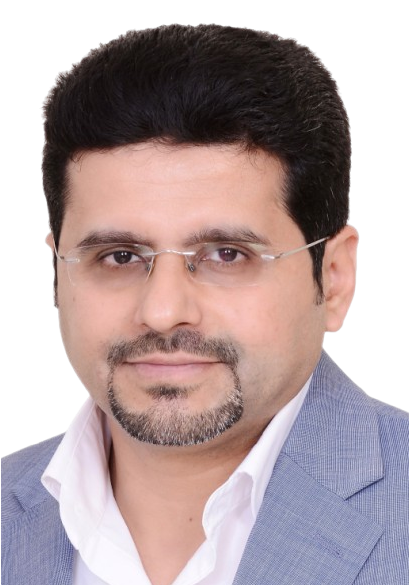
Salem S. Al Ghamdi
Director of Group Safety Compliance
Aramco
Leadership Panel Discussion 1
Redefining HSE Leadership for the Next Generation
As the workforce evolves, so must HSE leadership. With the rise of millennials, Gen Z, and digital-native employees, traditional top-down safety models are no longer enough. This panel will explore how progressive leadership approaches, behavioral science, and technology-driven engagement are reshaping HSE strategies. Panelists will discuss human-centric leadership, the role of psychological safety and well-being, and how organizations can embed safety culture through collaboration, empowerment, and digital innovation. The discussion will also highlight how leaders can bridge generational gaps, embrace new technologies, and drive proactive safety mindsets in a rapidly changing work environment.

Panel Moderator : Hala AlHashmi
Planning & Performance Management Lead
Aramco

Musallam Al-Khaifi
OQ Senior Advisor & Principal Consultant
OQ

Salem S. Al Ghamdi
Director of Group Safety Compliance
Aramco
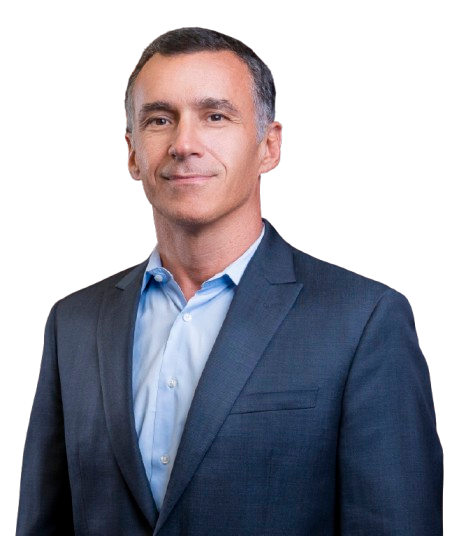
Stephane Moynet
Chief Operating Officer
Arabian Drilling

Sarah Albon
Chief Executive
Health and Safety Executive
Committee Members Recognition
Exhibition Visit & Coffee/Tea Break
Technical Sessions
Future of HSE Workforce: Skills, Training & Leadership Development
The HSE (Health, Safety, and Environmental) workforce is critical in shaping industries that prioritize safety, sustainability, and compliance. As the landscape of industry evolves, fueled by technological advancements, regulatory changes, and new work practices, the skill sets and leadership qualities required to excel in HSE roles are also transforming. This session will explore how to develop the next generation of HSE professionals by focusing on essential skills, cutting-edge training methods, and leadership development programs to ensure they are equipped to address the emerging challenges in the workplace. We’ll also discuss how these professionals can drive innovation in safety management.

Session Moderator : Dr. Ameera Ali Al-Nooh
Head of Non - Communicable Diseases Group
Ministry of Health

Mark Gittus
Senior HSE Coach
Petroleum Development Oman

Jawaher Al Mazrouei
Officer, Administration Services
ADNOC Offshore

Bakheet Ahmed Aljasmi
Manager, HSE Planning & Programs
ADNOC Offshore

Nada Alghamdi
Full-time Member in Young Leaders Advisory Board (YLAB)
Aramco
Digital Transformation & Innovation in HSE
The integration of digital tools and emerging technologies is transforming how HSE practices are implemented and managed. This session will explore how innovations such as IoT (Internet of Things), AI (Artificial Intelligence), wearables, drones, and data analytics are revolutionizing safety management, environmental monitoring, and compliance tracking. Attendees will gain insight into how digital tools can be used to predict safety risks, enhance real-time monitoring, and streamline HSE workflows to improve both efficiency and safety outcomes.
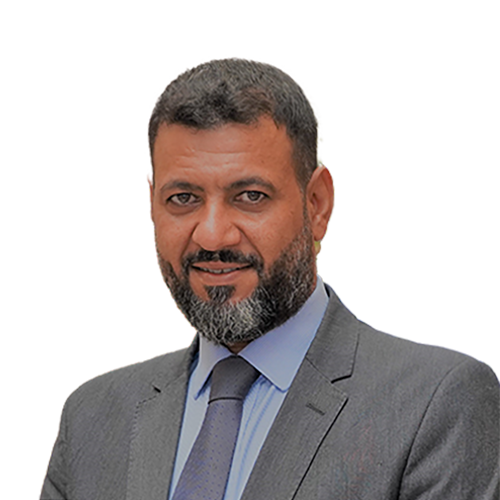
Session Moderator : Mohamed Abdulla Khamis
Head of Estates and Support Services
RCSI Medical University of Bahrain
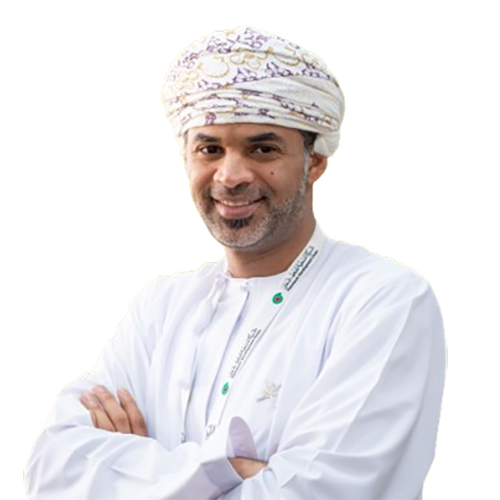
Yahya Al Amri
Senior Well Engineer
Petroleum Development Oman

Paul Saba
Director – Business Transformation
Nesma & Partners

Abdulrahman Alamer
Lead Loss Prevention Engineer
Aramco
Human Factors & Behavioral Safety
At the heart of every safety program lies human behavior. Understanding how workers' actions and decisions impact safety is essential for reducing accidents and improving overall HSE outcomes. This session will explore human factors engineering and behavioral safety, examining how cognitive, psychological, and social elements influence workplace behavior. By recognizing the role of human decision-making in incidents, we can develop better strategies for behavior-based safety programs that encourage proactive safety cultures, reduce human error, and enhance overall worker well-being.

Session Moderator : Obaid Al Matrooshi
Sr. Manager HSE Assurance
ENOC

David Hazell
Senior Vice President
CAVU

Thomas Meier
Vice President, Director Middle East
Krause Bell Group

Ibrahim Balharith
Senior Loss Prevention Engineer
Aramco
Sustainability & Environmental Management
With increasing pressure to meet sustainability targets and reduce environmental impact, HSE departments must align their strategies with broader environmental goals. This session will explore how organizations can integrate sustainability principles into their HSE practices to benefit both the workforce and the planet. Topics will include waste management, energy efficiency, environmental impact assessments, green certifications, and how organizations can reduce their carbon footprint while ensuring compliance with environmental regulations

Session Moderator : Brijesh Dhruve
Manager, Climate Change & Sustainabilty
ENOC

Mohammed Alabdulla
Supervisor Project Engineer
Aramco

Abdurrahman Abdullah Aldossary
Environment Section Manager
SATORP
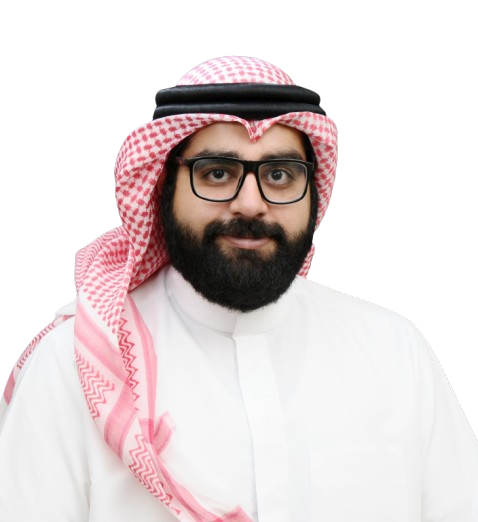
Eng.Mohamed Yacoub AlJanahi
Chief, Water Resources Climate Change & Sustainable Development
Supreme Council of Environment
Prayer & Lunch Break
Technical Sessions
Contractor & Sub Contractor HSE Management
Many industries rely on a complex network of contractors and subcontractors, each of whom must adhere to the same rigorous health, safety, and environmental (HSE) standards as full-time employees. This session will delve into strategies for fostering a strong HSE culture across contractors, subcontractors, and multi-tier supply chains. Key discussions will include how to ensure compliance, communicate effectively across different parties, and manage the risks inherent in managing a diverse, external workforce. Practical tools and methodologies for creating an integrated approach to HSE across all stakeholders will also be explored.

Session Moderator : Obaid Al Matrooshi
Sr. Manager HSE Assurance
ENOC

Roua Al Abdi
Key Account Manager
ISN

Firas Abdul Rahman Ismail Al Hamadani
Senior HSE Advisor
Petroleum Development Oman

Ali Abu Qurain
Associate Environmental Scientist
Aramco
Occupational Health & Worker Well-Being
A healthy workforce is a productive workforce. Occupational health is not just about physical safety; it also involves ensuring that workers’ mental and emotional well-being are safeguarded. This session will focus on holistic health strategies that promote both physical and mental health in the workplace, providing insights into creating a resilient and well-supported workforce. Topics will include stress management, mental health support, ergonomics, and other workplace wellness programs designed to prevent burnout and promote long-term employee health

Session Moderator : Humaid Al Bulushi
General Manager HSE & Standardization
Oman Energy Association (OPAL)

Saleh A. Katba Bader
Industrial Hygiene Advisor
Enviro-Safe Scientific LLC

Hamza Al-Maskari
HSE Team Lead
OQGN

Dr. Will Ponsonby
Past President
Society of Occupational Medicine
Process Safety & Risk Management
This session focuses on the critical importance of maintaining operational integrity and proactively preventing hazards in high-risk industries such as oil & gas, chemicals, pharmaceuticals, and manufacturing. Through the lens of robust risk management frameworks, the session will explore strategies and best practices that help organizations identify, evaluate, and control process-related risks. Key topics include hazard identification techniques, safety culture development, emergency response planning, regulatory compliance, and the integration of digital tools for real-time risk monitoring. Emphasis will be placed on case studies, lessons learned from past incidents, and innovative approaches to enhancing safety performance and ensuring sustainable, accident-free operations.
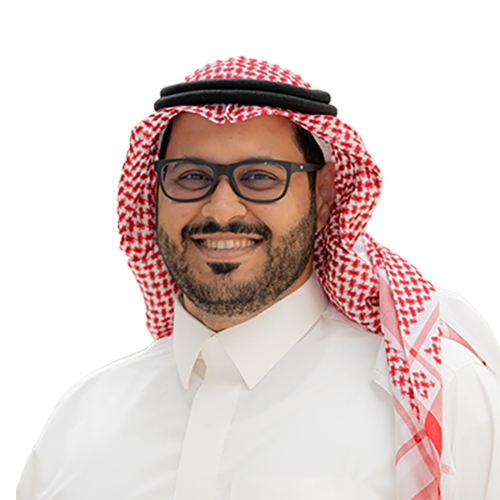
Session Moderator : Essam S. Al-Otaib
Safety Manager
SATORP

Ken Parker
CEO
NextThought

Andy Gibbins
Regional Director Middle East
PetroSkills

Simon Clarke
Senior Loss Prevention Engineer
Aramco

Ameera Sulaiman Al Ghafri
HSE Advisor
Petroleum Development of Oman
Crisis Preparedness & Emergency Response
Industries operating in high-risk environments, such as chemical, oil and gas, and manufacturing, require robust systems for managing process safety and mitigating hazards. This session will examine how organizations can develop and implement comprehensive risk management frameworks to ensure operational integrity and prevent catastrophic failures. Topics will include risk assessment methodologies, hazard analysis, safety systems design, emergency preparedness, and how organizations can foster a culture of continuous risk awareness.
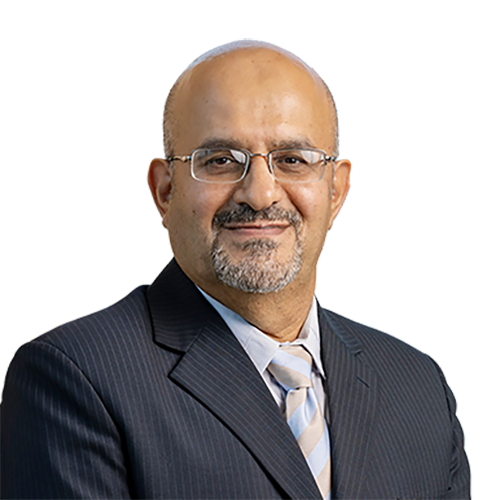
Session Moderator : Mahmood Abdulaziz Ismail
HSSE Manager
ASRY

Anthony Martinez
Lead Loss Prevention Engineer
Aramco

Rhys Jenkins
Middle East Regional Manager
OSRL

Suleiman Fraish Al Obaidani
Head of Corporate Emergency Management
Petroleum Development Oman
Exhibition Visit & Coffee/Tea Break
Keynote Address 2
Transforming the Future of HSE Culture
Achieving a world-class safety culture requires more than just regulatory compliance—it demands a deep behavioral shift across the entire organization. In this keynote, the speaker will explore how behavioral science, neuroscience, and human psychology are transforming safety leadership, decision-making, and risk perception. The discussion will focus on how companies can shift from a rule-based approach to a people-centric model that fosters intrinsic motivation, accountability, and proactive safety behaviors. The keynote will also cover the science behind habit formation, nudging techniques, and leadership strategies that drive long-term safety excellence.

Rose Bakri
Senior Consultant
SafeMap International
Leadership Panel Discussion 2
Transforming the Future of HSE Culture
Achieving a truly world-class safety culture requires more than just compliance with regulations, it demands a deep behavioral shift at all levels of an organization. This panel will explore how behavioral science, neuroscience, and human psychology are transforming safety leadership, decision-making, and risk perception. Panelists will discuss how companies can move from rule-based enforcement to a people-centric approach that fosters intrinsic motivation, accountability, and proactive safety behaviors. Key insights will include the science behind habit formation, nudging techniques, and leadership strategies that create long-term safety excellence.

Panel Moderator : Sara Alshamri
Associate Contracts Advisor
Aramco

Alawai Almajid
Chartered Safety and Health Professional, Human Factors/Ergonomics Specialist
John Crane

Rose Bakri
Senior Consultant
SafeMap International

Dr. Christos D. Argyropoulos
Assistant Professor, Chemical Engineering Department
King Fahd University of Petroleum & Minerals (KFUPM)

Thomas Meier
Vice President, Director Middle East
Krause Bell Group
Closing Remarks & Raffle Draw
Exhibition Visit
Day - 3
Wednesday, 21st May 2025
CONFERENCE & EXHIBITION
General Registration
Keynote Address 3
AI in HSE – Challenges & Opportunities
Artificial intelligence (AI), machine learning, and predictive analytics are revolutionizing Health, Safety, and Environment (HSE) practices. This keynote will explore how AI-driven technologies are reshaping the future of HSE by enhancing incident prevention, workforce well-being, and environmental sustainability. The speaker will cover AI-powered monitoring systems, digital twins, and automation, and how these innovations help predicts and mitigate risks before they escalate. The keynote will also address the ethical, legal, and governance challenges associated with AI adoption in HSE, along with the critical role of leadership in guiding this transformation.

Kim Code
Executive Director Assets
Petroleum Development Oman
Leadership Panel Discussion 3
AI in HSE – Challenges & Opportunities
The integration of artificial intelligence (AI), machine learning, and predictive analytics is reshaping the future of Health, Safety, and Environment (HSE). This panel will explore how data-driven intelligence enhances incident prevention, workforce well-being, and environmental sustainability by providing real-time risk modeling and predictive insights. Experts will discuss AI-powered monitoring systems, digital twins, and automation, revealing how companies can anticipate and mitigate risks before they escalate. Additionally, panelists will address the ethical, legal, and governance challenges associated with AI adoption in HSE and the role of executives in leading this transformation.
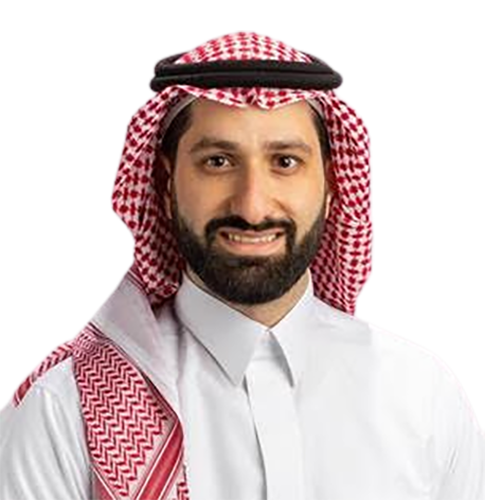
Panel Moderator : Mohammed S. Muslem
Supervisor Reservoir Management/ Innovation & Digitalization Unit
Aramco

Dr. Fatmah Baothman
Chairwomen
Genie Ai Global

Kim Code
Executive Director Assets
Petroleum Development Oman

Ahmed Naeemi
Chief Technology Officer
Gulf Air Group
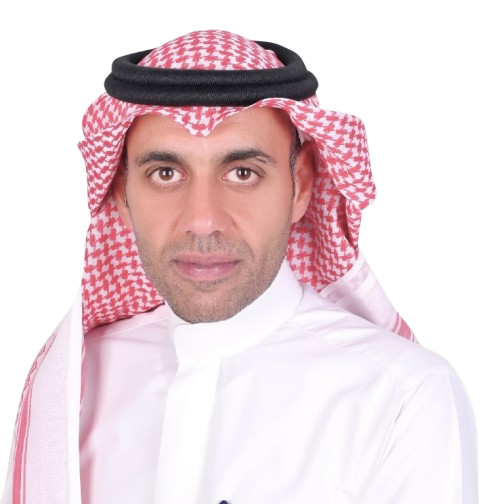
Abdullah Al Humaidy
Director Corporate Digital Factory Department
Aramco
Exhibition Visit & Tea/Coffee Break
Technical Sessions
Contractor & Sub Contractor HSE Management
Many industries rely on a complex network of contractors and subcontractors, each of whom must adhere to the same rigorous health, safety, and environmental (HSE) standards as full-time employees. This session will delve into strategies for fostering a strong HSE culture across contractors, subcontractors, and multi-tier supply chains. Key discussions will include how to ensure compliance, communicate effectively across different parties, and manage the risks inherent in managing a diverse, external workforce. Practical tools and methodologies for creating an integrated approach to HSE across all stakeholders will also be explored.

Session Moderator : Humaid Al Bulushi
General Manager HSE & Standardization
Oman Energy Association (OPAL)

Safa AlTubi
Well Site Well Engineer
Petroleum Development of Oman
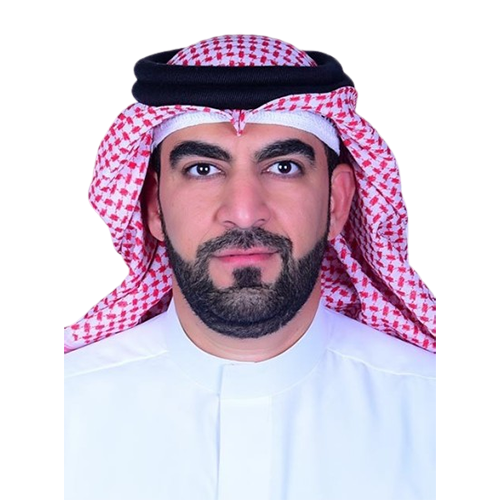
Jaafar A.Redha Abdulhai
HSE Coordinator
Halliburton

Salim Mohammed Salim Al Harthi
Field HSE Team Leader
Daleel Petroleum
Occupational Health & Worker Well-Being
A healthy workforce is a productive workforce. Occupational health is not just about physical safety; it also involves ensuring that workers’ mental and emotional well-being are safeguarded. This session will focus on holistic health strategies that promote both physical and mental health in the workplace, providing insights into creating a resilient and well-supported workforce. Topics will include stress management, mental health support, ergonomics, and other workplace wellness programs designed to prevent burnout and promote long-term employee health.

Session Moderator : Nadeem Kamal
Head of Occupational Health and Industrial Hygiene
Bapco Upstream
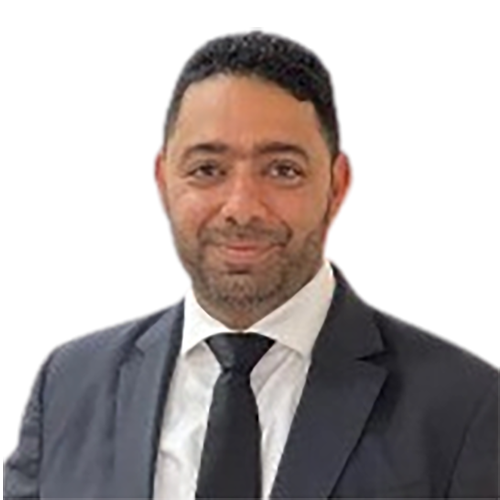
Hesham Alawi Abdulla
Senior Head of Safety and Health
Aluminium Bahrain (Alba)
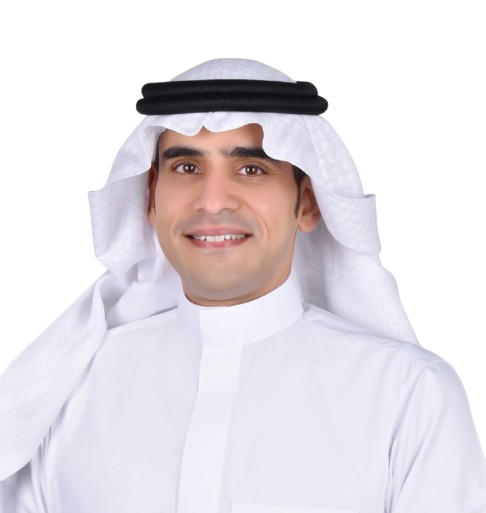
Dr. Basim Baragaba
Occupational Medicine Consultant
Johns Hopkins Aramco Healthcare (JHAH)

Christian Awaraji
Health Advisor
SLB
Process Safety & Risk Management
This session focuses on the critical importance of maintaining operational integrity and proactively preventing hazards in high-risk industries such as oil & gas, chemicals, pharmaceuticals, and manufacturing. Through the lens of robust risk management frameworks, the session will explore strategies and best practices that help organizations identify, evaluate, and control process-related risks. Key topics include hazard identification techniques, safety culture development, emergency response planning, regulatory compliance, and the integration of digital tools for real-time risk monitoring. Emphasis will be placed on case studies, lessons learned from past incidents, and innovative approaches to enhancing safety performance and ensuring sustainable, accident-free operations.

Session Moderator : Sultan Ahmed Al Hosani
Specialist, Project HSE
ADNOC Group

Rasim Qureshi
Lead Loss Prevention Engineer
Aramco

Sultan Al Mahdaly
Sr. Process Safety PRM
SABIC

Dr. Christos D. Argyropoulos
Assistant Professor, Chemical Engineering Department
King Fahd University of Petroleum & Minerals (KFUPM)
Crisis Preparedness & Emergency Response
Industries operating in high-risk environments, such as chemical, oil and gas, and manufacturing, require robust systems for managing process safety and mitigating hazards. This session will examine how organizations can develop and implement comprehensive risk management frameworks to ensure operational integrity and prevent catastrophic failures. Topics will include risk assessment methodologies, hazard analysis, safety systems design, emergency preparedness, and how organizations can foster a culture of continuous risk awareness.

Session Moderator : Mohamed Abdulla Khamis
Head of Estates and Support Services
RCSI Medical University of Bahrain

Muhammad Yasir Arain
HSE Advisor Asset
Petroleum Development of Oman

Kamil Dhamri
HSE Team Leader-OSS
Petroleum Development of Oman
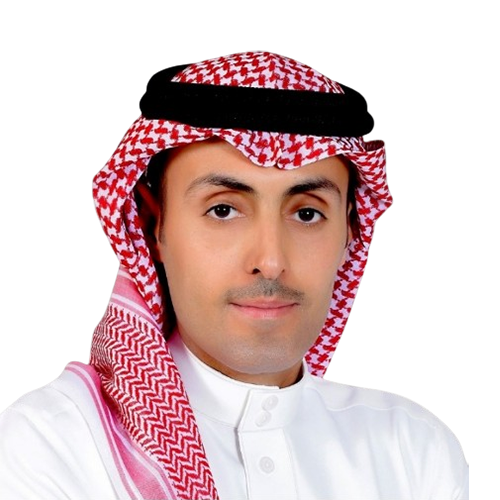
Turki Alkhaldi
Senior Loss Prevention Engineer
Aramco

1st Lt. Eng. Mohamed Ali ALHOOTI
Crisis and Disaster Management Officer
Executive office of the National Committee for Civil Emergency Management
Prayer & Lunch Break
Technical Sessions
Future of HSE Workforce: Skills, Training & Leadership Development
The HSE (Health, Safety, and Environmental) workforce is critical in shaping industries that prioritize safety, sustainability, and compliance. As the landscape of industry evolves, fueled by technological advancements, regulatory changes, and new work practices, the skill sets and leadership qualities required to excel in HSE roles are also transforming. This session will explore how to develop the next generation of HSE professionals by focusing on essential skills, cutting-edge training methods, and leadership development programs to ensure they are equipped to address the emerging challenges in the workplace. We’ll also discuss how these professionals can drive innovation in safety management.

Session Moderator : Nadeem Kamal
Head of Occupational Health and Industrial Hygiene
Bapco Upstream

Ahmed Al Hinai
Sr. Worksite Hazard Management & Contracts
Petroleum Development of Oman

Ahmed Alosail
Senior Loss Prevention Engineer
Aramco

Maitha Alblooshi
HSE Advisor
Petrofac
Digital Transformation & Innovation in HSE
The integration of digital tools and emerging technologies is transforming how HSE practices are implemented and managed. This session will explore how innovations such as IoT (Internet of Things), AI (Artificial Intelligence), wearables, drones, and data analytics are revolutionizing safety management, environmental monitoring, and compliance tracking. Attendees will gain insight into how digital tools can be used to predict safety risks, enhance real-time monitoring, and streamline HSE workflows to improve both efficiency and safety outcomes.

Session Moderator : Mohamed Abdulla Khamis
Head of Estates & Support Services
RCSI Medical University of Bahrain

Oscar Enrique Ochoa Omana
Corporate Road Safety Advisor (Projects)
Petroleum Development of Oman

Bushra Alhindi
Founder & CEO
Bushra Al-Hendi for Workplace Well-Being

Anas Alharbi
Engineer
Aramco
Human Factors & Behavioral Safety
At the heart of every safety program lies human behavior. Understanding how workers' actions and decisions impact safety is essential for reducing accidents and improving overall HSE outcomes. This session will explore human factors engineering and behavioral safety, examining how cognitive, psychological, and social elements influence workplace behavior. By recognizing the role of human decision-making in incidents, we can develop better strategies for behavior-based safety programs that encourage proactive safety cultures, reduce human error, and enhance overall worker well-being.

Session Moderator : Mohammed A Abushal
Human Factors Safety Group Leader & Lead Loss Prevention Engineer
Aramco

Saleh AlShammari
Loss Prevention Engineer
Aramco
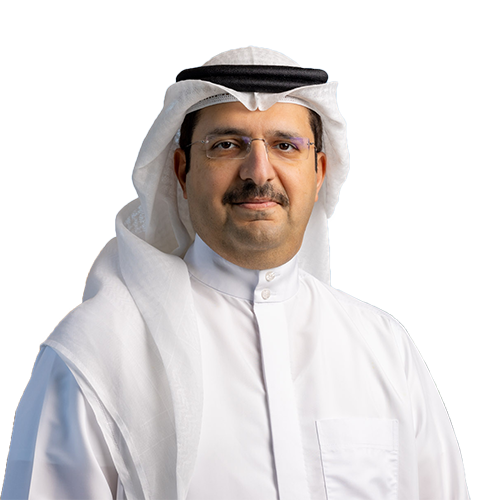
Duaij Mohammed Al Khalifa
Vice President – Corporate Support
ASRY
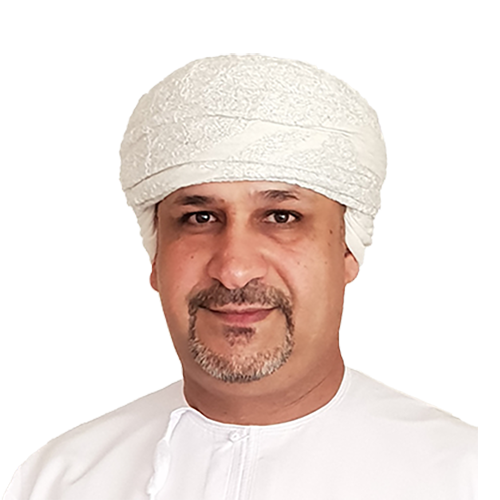
Moosa Al Habsi
EGM HSE and Co. Security
Oman LNG
Sustainability & Environmental Management
With increasing pressure to meet sustainability targets and reduce environmental impact, HSE departments must align their strategies with broader environmental goals. This session will explore how organizations can integrate sustainability principles into their HSE practices to benefit both the workforce and the planet. Topics will include waste management, energy efficiency, environmental impact assessments, green certifications, and how organizations can reduce their carbon footprint while ensuring compliance with environmental regulations.

Session Moderator : Tahani Hussain
Group VP- Sustainability & ESG
Bapco Energies

Abdulaziz Alharigi
Associate Engineer
Aramco

Dave Voracek
General Manager – North & South America Vice President Operations
Hydrocarbon Solutions Inc.

Mousa O. Alharthi
Environmental Scientist
Aramco
Exhibition Visit & Tea/Coffee Break
Keynote Address 4
Agility & Resilience in HSE – Preparing for the Unexpected
In today’s volatile world shaped by geopolitical conflicts, climate change, pandemics, and cybersecurity threats, HSE leaders must foster resilience and adaptability to navigate these unprecedented risks. In this keynote, the speaker will explore how organizations can build resilience and crisis-proof their operations. The discussion will focus on proactive strategies for emergency preparedness, crisis leadership, and adaptive risk management frameworks. Key topics will include leveraging real-time data, scenario planning, and cross-industry collaboration to stay ahead of disruptions and protect workers, communities, and the environment in times of crisis.

Dr. Will Ponsonby
Past President
Society of Occupational Medicine
Leadership Panel Discussion 4
Agility & Resilience in HSE – Preparing for the Unexpected
The world is becoming more volatile, with geopolitical conflicts, climate change, pandemics, and cybersecurity threats posing unprecedented risks to industries. This panel will explore how HSE leaders can build resilience and crisis-proof their organizations against these unexpected challenges. Panelists will discuss the intersection of HSE, business continuity, and risk management, highlighting proactive strategies for emergency preparedness, crisis leadership, and adaptive risk frameworks. Key topics will include leveraging real-time data, scenario planning, and cross-industry collaboration to stay ahead of disruptions and protect workers, communities, and the environment in times of crisis.
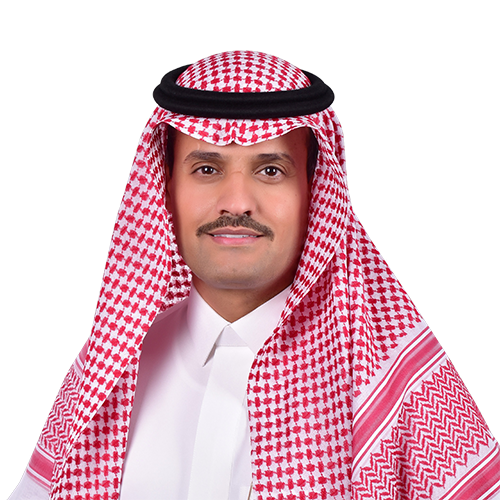
Panel Moderator : Faisal H. Al-Daihani
Managing Director
Saudi Arabian Drilling Academy (SADA)

Abdullah Al Omair
Director Corporate Sustainability
Aramco
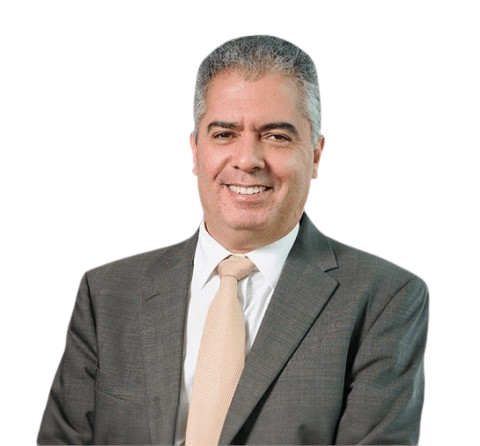
Chokri Ben Amor
Executive Director and Corporate QHSE VP
NESR

Simon Watson
Chief Health, Safety, Security & Environment Officer
Acwa Power

Stephen Klejst
Executive Director of Investigations and Recommendations
U.S. Chemical Safety and Hazard Investigation Board
Exhibitors Recognition
Closing Remarks, Global HSE Way Forward & Raffle Draw
Day - 4
Thursday, 22nd May 2025
POST CONFERENCE WORKSHOPS
